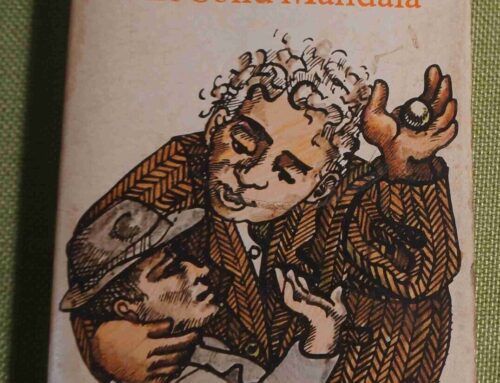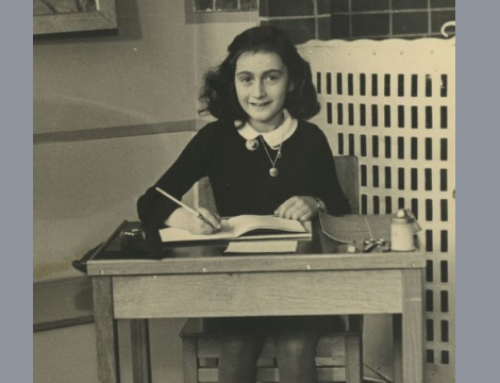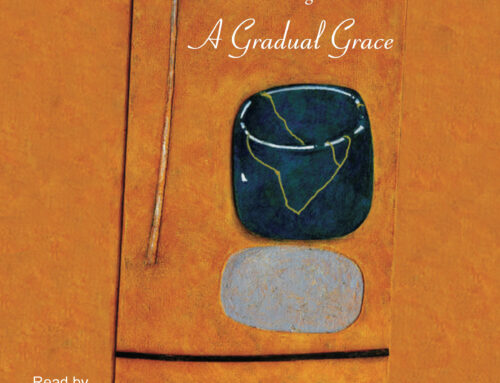For Love Alone was Christina Stead’s fifth novel, written after The Man Who Loved Children, her more famous book, and published in 1945. It is, for me, a memorable book, one I first read many years ago and have never forgotten. Set in Sydney and London, it tells of the emergence into womanhood of Teresa Hawkins, and her quest for love. The opening chapters give us vivid pictures of Teresa’s family home, dominated by Andrew, her vain, selfish, self-obsessed, narcissistic father, who is an Antipodean 20th-century version of the patriarchal, hollow father, Sir Walter, in Jane Austen’s novel, Persuasion. And like Anne Elliot, Teresa dreams of love, not a love lost, like Anne’s, but love as an ideal, a passionate devotion that transcends marriage but, in this 1930s provincial world of Sydney, is only achievable through marriage. Like Anne in Persuasion, Teresa is not understood in her family: her father sees her as cold, obstinate, unwomanly, unlike her sister Kitty, “A woman’s woman, a womanly little girl, pretty, humble, sweet…”. Whereas Teresa has “no attraction for a man as you are now, and it might be better if you knew how to lure men.” Her elder brother Lance joins his father in ridiculing her, while Leo, ‘a dark, rosy boy,” admires her. Teresa considers her family her enemies, though she looks after Leo when he sleepwalks at night (he is trapped too, and she encourages him to leave home) and she and Kitty have a sisterly understanding despite their very different natures. At the meal table, 19-year-old Teresa utters her manifesto, addressing the patriarch, the ineffectual head of the family:
I am informed, on the moral side. You’re ignoble. You can’t understand me. Henceforth, everything between us is a misunderstanding. You have accepted compromise, you revel in it. Not me. I will never compromise.
After roaring with laughter, Andrew says, “Eat your soup and don’t be a fool.”
With scorn and bitterness, Teresa rejects her father’s sermon about love and swears she will kill him if he insults her.
Base coward, hitting your children when they’re small, insulting them when they’re big and saying you’re their father.
He subdues her ‘hysteria’ with a terrifying roar, reducing her to abject tears.
So we can see what Teresa is up against in her struggle to define herself as a woman. In so many ways, I see this picture as a reflection of the bourgeois family that I and so many women were born into. Yet my childhood was a generation or two later, and my mother had a university degree, a higher education that few women in her generation had. I had opportunities Teresa did not have. I finished my secondary education and went to university, whereas Teresa went to teacher’s college and taught a class of disabled children whom none of the other teachers wanted, and who were reviled and beaten by the headmaster. I married young, to an ambitious scientist, and followed his wake across the world for a while. I did not find love. The marriage fell apart and I lost my children. I don’t think I was as obstinate or idealistic as Teresa, and I compromised too much… but that was my learning curve.
She emerges from the shadows of her family, leaves her teaching job, falls in love with a young man who has studied his way out of his working class background and won a scholarship to an English university. He teaches her Latin and gives lectures on free love, and she comes to idolise him and determines to follow him to England. So she works in a factory for five years and starves herself almost to death, walking from the inner city industrial suburb to the Quay every day to catch the ferry home to the shell of her family home, wearing only one dress which she washes overnight and patches, and shoes with rubber soles that don’t wear out so fast.
When she arrives in London, as the reader expects, she learns, in painful episodes, that her idol has feet of clay. Though they have corresponded all these years, and he has intimated they may travel together and live together, he treats her with a mixture of kindness and cruelty, with the cruelty increasing. And eventually the scales fall from her eyes and she sees him as he is, a misogynistic, bitter, neurotic, self-obsessed man who is incapable of love.
The resolution is an unexpected deus ex machina, in the form of the man who gives her her first job in London. I won’t describe their relationship. In trite terms, it would be ‘love and happiness ever after,’ but in fact, it is a fascinating mix of romantic themes and proto-feminist, marxist choices, and the ending is, to say the least, unresolved.
In trying to summarise Teresa’s progress through idealistic, sublimated love to a surprisingly modern compromise, I have left out much of the fascination of Stead’s writing. Her descriptions of Sydney, of the harbour, of the working class inner city suburbs, of the city itself, of the dense, intense, messy lives of those who inhabit these places, of London and the residential streets of the boarding houses and cafes and more up-market areas, the excursions into the country, and more, are superb tours de forces, that take you there and make you wonder if you will ever come out again. You could get caught in any one of these scenes and frozen in time. Such is the power of her writing!




